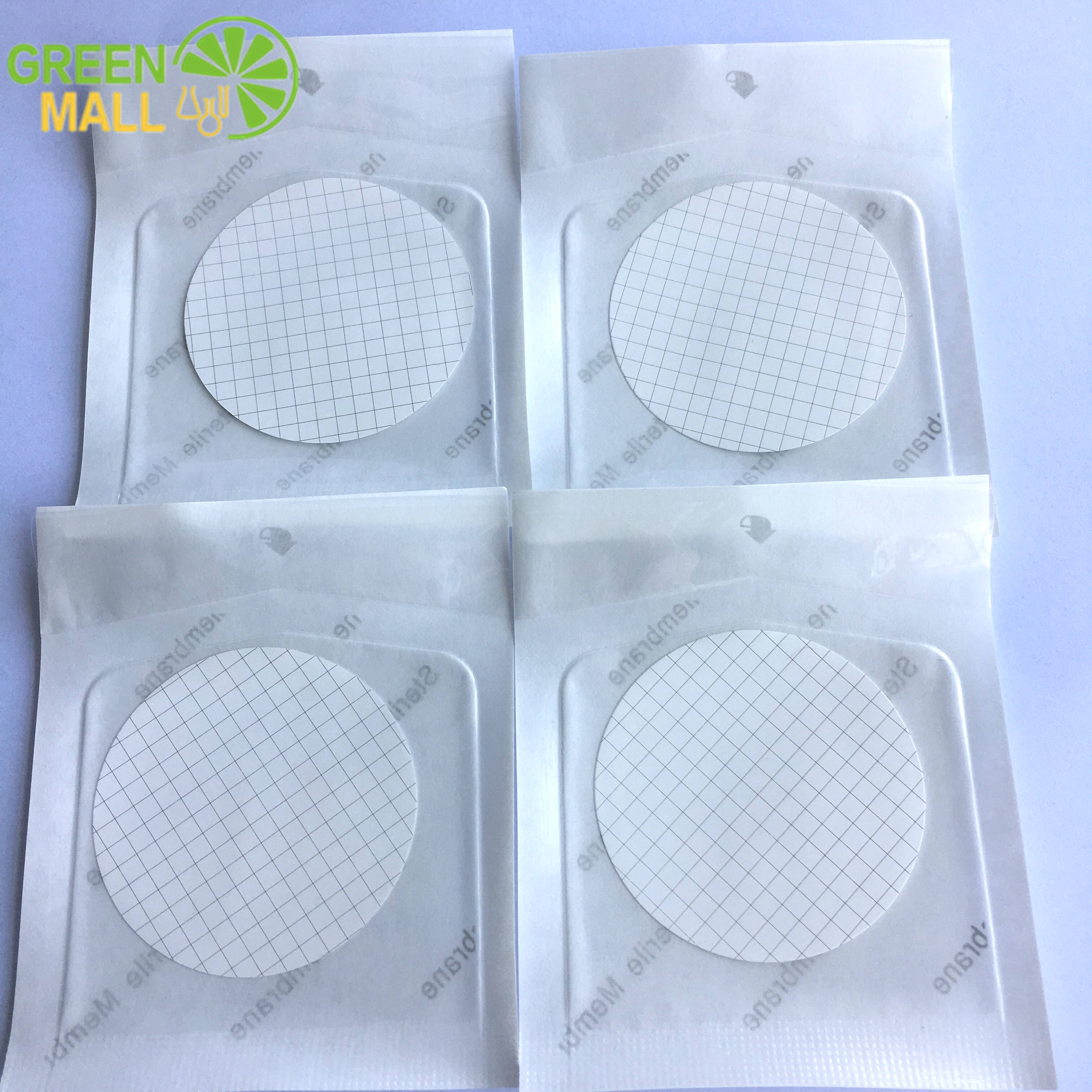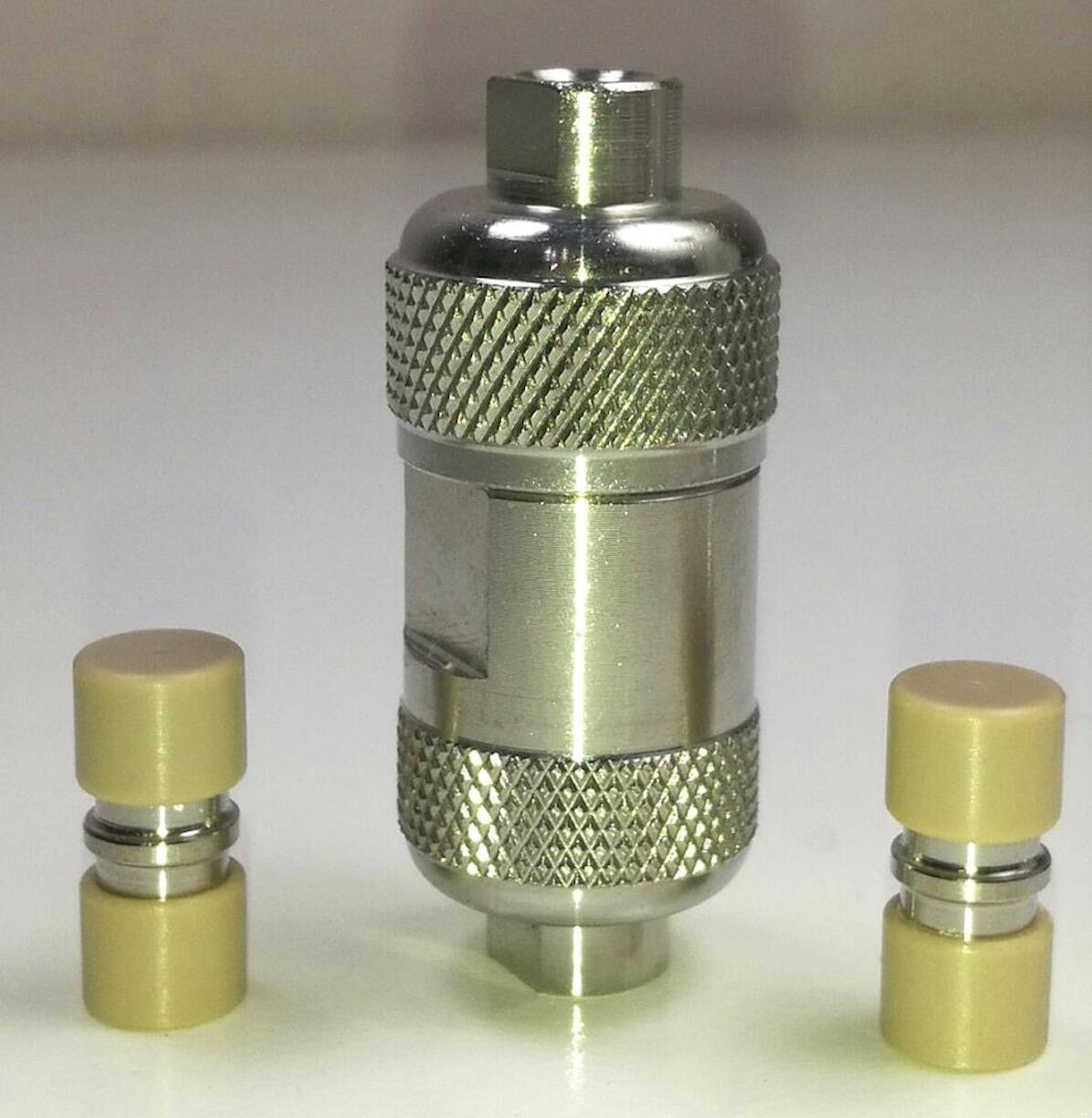εξαγωγή στερεού φάσματος για δοκιμασία τροφίμων
Η εξαγωγή σε κρυστάλλινη φάση (SPE) αποτελεί μια κρίσιμη αναλυτική τεχνική στη σύγχρονη έλεγχος τροφίμων, προσφέροντας μια προηγμένη προσέγγιση για την παρασκευή δειγμάτων και την απομόνωση ρύπων. Αυτή η μέθοδος λειτουργεί με τη διέλευση ενός υγρού δείγματος μέσω ενός στερεού απορροφητικού υλικού που επιλεκτικά κρατάει συγκεκριμένα σύνθετα ενώ επιτρέπει σε άλλα να διέρχονται. Ο προccess συνήθως περιλαμβάνει τέσσερις βασικές φάσεις: υποδιαστολή του απορροφητικού, φόρτωση του δείγματος, πλύσιμο για να αφαιρεθούν τα διαμεσολαβητικά, και απόσταση των στόχων συνθετών. Στις εφαρμογές έλεγχου τροφίμων, η SPE αποδεικνύεται αξιόλογη για την ανίχνευση και μέτρηση διάφορων ουσιών, συμπεριλαμβανομένων των καταλείψεων φυτοφαρμάκων, των μυκοτοξίνων, των αντιβιοτικών και άλλων ρυπαντών τροφίμων. Η τεχνολογία χρησιμοποιεί διαφορετικά απορροφητικά υλικά όπως σύνθετα με βάση σιλίκα, πολυμερικά υλικά και μοριακά εντυπωσιασμένα πολυμερή, κάθε ένα σχεδιασμένο για να στοχεύει συγκεκριμένα αναλυτικά. Προηγμένα συστήματα SPE ενσωματώνουν τώρα ικανότητες αυτομάτων, μειώνοντας τη χειροκίνητη χειριστική και βελτιώνοντας την αναπαραγωγικότητα. Αυτή η μέθοδος έχει γίνει απαραίτητη σε εργαστήρια ασφάλειας τροφίμων παγκοσμίως, προσφέροντας υψηλή αποδοτικότητα καθαρισμού και την ικανότητα να συγκεντρώνει αναλυτικά με τροπικές συγκεντρώσεις από περίπλοκα ματρίτσες τροφίμων. Η πολυτέλεια της SPE επιτρέπει τόσο μονοσύνθετες όσο και πολυσύνθετες αναλύσεις, κάνοντάς τη να είναι ένα απαραίτητο εργαλείο στις διαδικασίες ελέγχου πληροφόρησης και ελέγχου ποιότητας στη βιομηχανία τροφίμων.

